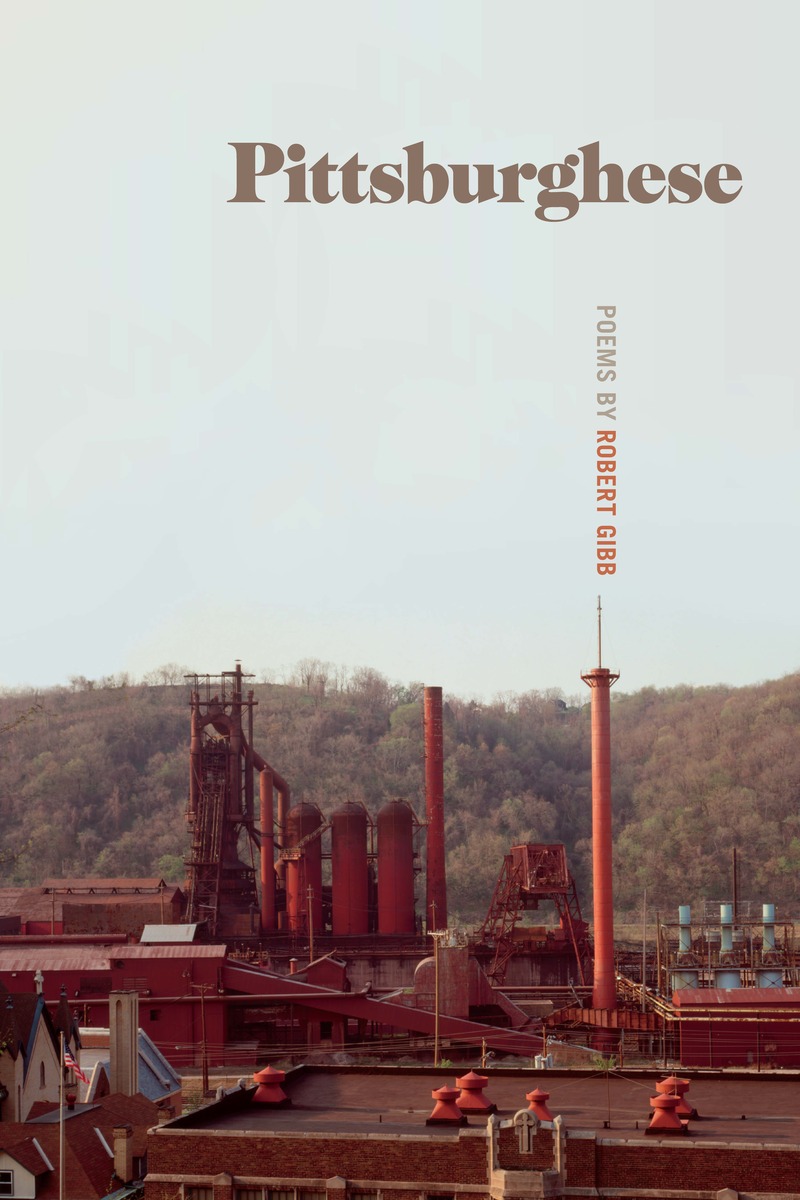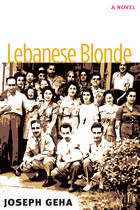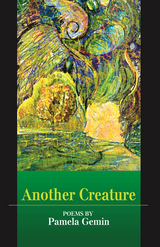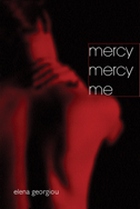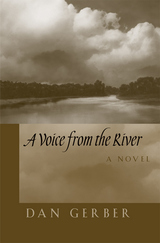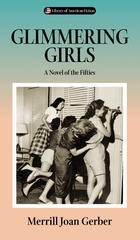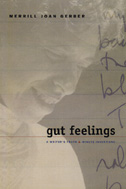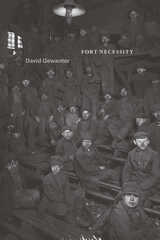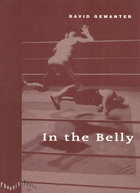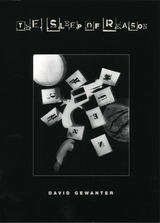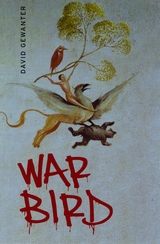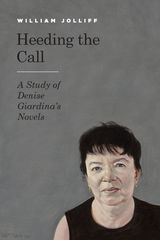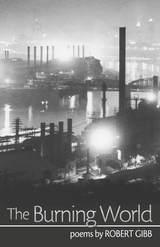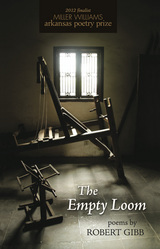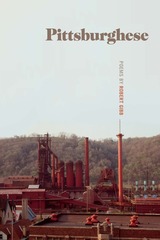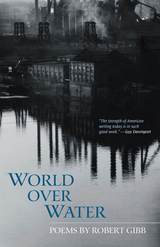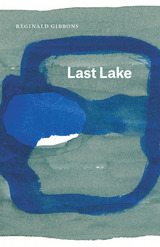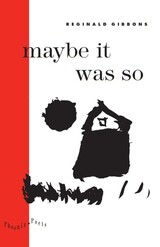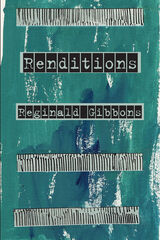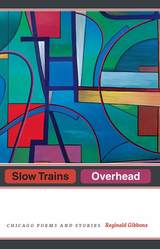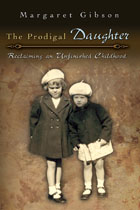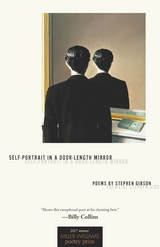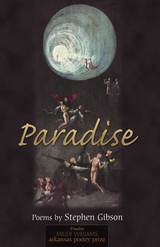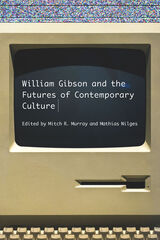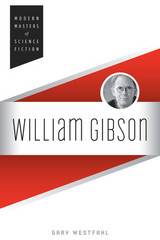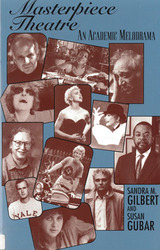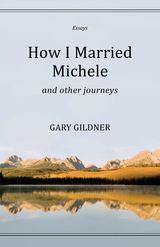Pittsburghese
Michigan State University Press, 2024
Paper: 978-1-61186-487-8 | eISBN: 978-1-62895-520-0 (ePub) | eISBN: 978-1-60917-757-7 (PDF)
Library of Congress Classification PS3557.I139P58 2023
Dewey Decimal Classification 811.54
Paper: 978-1-61186-487-8 | eISBN: 978-1-62895-520-0 (ePub) | eISBN: 978-1-60917-757-7 (PDF)
Library of Congress Classification PS3557.I139P58 2023
Dewey Decimal Classification 811.54
ABOUT THIS BOOK | AUTHOR BIOGRAPHY | REVIEWS | TOC | REQUEST ACCESSIBLE FILE
ABOUT THIS BOOK
Pittsburghese, Robert Gibb’s latest book of poems, is a work of poignant remembrance, filled with revelations found in the everyday “debris of paradise.” The collection is anchored by personal and public histories, the city’s “consensus things” and “standard archaeologies,” as well as by music—jazz, blues, R&B and gospel—“sweet rebuttal” to the world’s “cold hymns.” Throughout, motifs function like the thorns on the jaggers—Pittsburghese for brambles—whose points engage the reader “one by one.” Other poems elegize the great buildings and working stiffs of the city’s industrial past, celebrating its artifacts and artworks, the “necessary mystery” of its trees and wild creatures. Particulars of a world in which dialect is the alembic, the means of expression and the shapes it takes on as well—habitation and name.
See other books on: Gibb, Robert | Pittsburgh (Pa.) | Places | Poetry | Subjects & Themes
See other titles from Michigan State University Press
